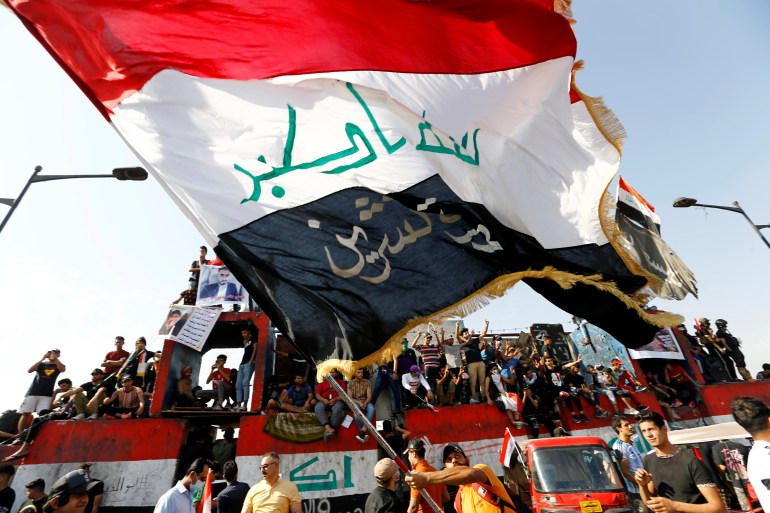A report published by the American newspaper Foreign Policy (FOREIGHN POLICY) considered that the violent reaction against "eternal wars" is not an excuse for the United States to abandon Iraq.
Their participation in wars should not be measured by the number of forces.
The report criticized Baghdad's absence from the recent US election debate in the context of important foreign policy issues, as well as the US role in the wider Middle East.
And he considered that the status of the United States in the world has increased greatly during the past 17 years through its presence in Iraq, especially after former US President George W. Bush launched wars in both Afghanistan and Iraq and took decisions that made these wars endless.
Although his successor, President Barack Obama, was keen to put in place a program to bring back the forces as most of the soldiers had been withdrawn by December 2011, in 2014 US forces returned to Iraq to fight ISIS.
According to the report, the United States is seeking to withdraw its forces again, reducing their number from 5,200 to 3,000 by the end of this year.
Regardless of who wins the presidential elections next week, it is unlikely that the number of American soldiers in Iraq will increase unless there is a major development that threatens to destabilize the region.
Demonstration in Tahrir Square in Baghdad has been going on for a year to demand political and economic reforms (Reuters)
Good reasons
and the newspaper seemed to urge the United States to stay in Iraq, to count the reasons it described as "good", most notably its sharing of borders with Iran, Jordan, Kuwait, Saudi Arabia, Syria and Turkey.
Moreover, Baghdad possesses one of the world's largest reserves of oil, the free flow of which will be essential for global economic growth in the coming years.
The report said that there are many Iraqis believe that Washington can help them to change years of instability, internal conflict and corruption.
He considered that the United States was able to provide political and economic support to influence Baghdad to move towards political pluralism and liberal market policies.

